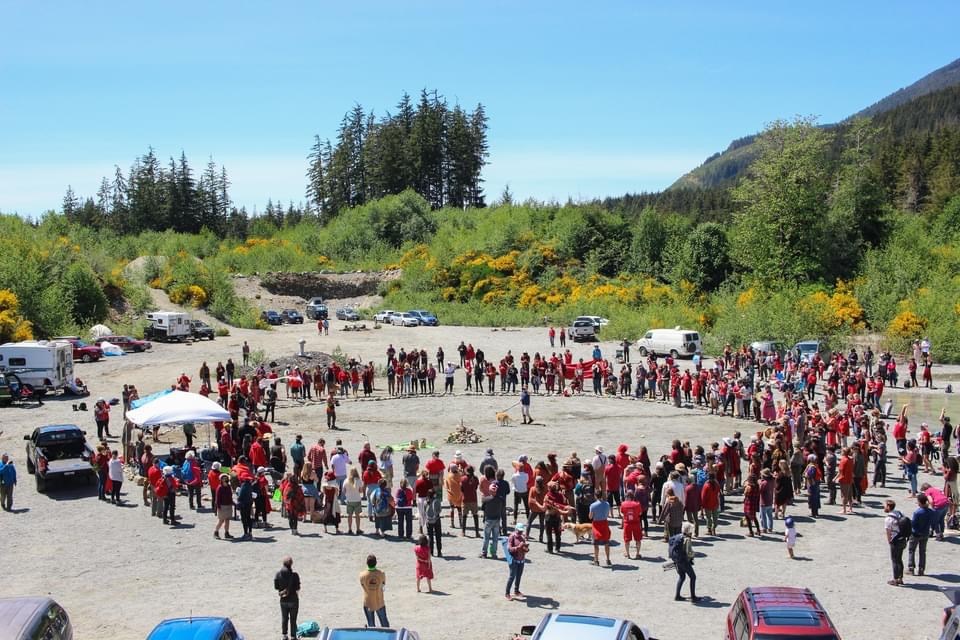A recent B.C. Court of Appeal ruling may have a major impact on an activity that has become a constant presence on our political landscape: environmental protests against natural resource operations.
In a unanimous, sharply-worded ruling released last the week, the high court skewered a lower court judge’s recent decision not to extend the court injunction that barred protests against a logging operation on south Vancouver Island.
The three higher judges extended the injunction until at least September, after concluding the lower court judge had made numerous errors on which he based his decision not to extend the injunction.
The lower judge had concluded that the court’s reputation would be harmed by extending the injunction and that controversial conduct by RCMP officers who enforced the injunction somehow further tarnished the court’s reputation.
Both of these views formed the basis for rejecting the extension of the injunction back in his September ruling
However, neither of those considerations are relevant in deciding whether any court injunction should be granted or extended, the appeal court ruled.
Rather, the only thing that matters is upholding the law, period, they ruled. Issues like logging practices, forest policies or even climate change are not relevant when weighing an injunction’s merit.
“We are of the view that the judge erred by giving weight to irrelevant considerations and by giving too little weight to the public interest in upholding the rule of law, which must be the dominant consideration in all cases involving significant and persistent acts of civil disobedience,” the justices wrote.
The high court also had some stinging criticism of the protesters, who they labelled as lawbreakers and nothing else.
More than 1,000 people have been arrested for their role in the blockade and protests in the Fairy Creek near Port Renfrew, about 100 kilometres west of Victoria. The logging operations are being conducted by forest company Teal Cedar, and it has the support of two local First Nations, who back the logging.
“The injunction is all that stands between Teal Cedar and a highly organized group of individuals who are intent on breaking the law to get their way,” the judgment said. “It is not tenable in a democracy for a group to abandon the democratic process and impose their will on others by force.”
Given the protesters’ steadfast refusal to obey the law, it is far from clear whether the higher court ruling will have any actual impact on the protests and acts of civil disobedience (which the court noted pose significant safety challenges) at the protest site.
However, the court of appeal is B.C.’s highest court, and so the language and analysis contained in this judgment will now serve as a roadmap for judges weighing protests and requests for and against court injunctions.
That is good news for natural resource companies and bad news for environmental protests.
By reinforcing the view that upholding the law – and not worrying about bad publicity or popularity or police conduct – is the paramount and only consideration in these matters, the justices have no doubt brought some clarity to an often tense situation.
Keith Baldrey is chief political reporter for Global BC.



